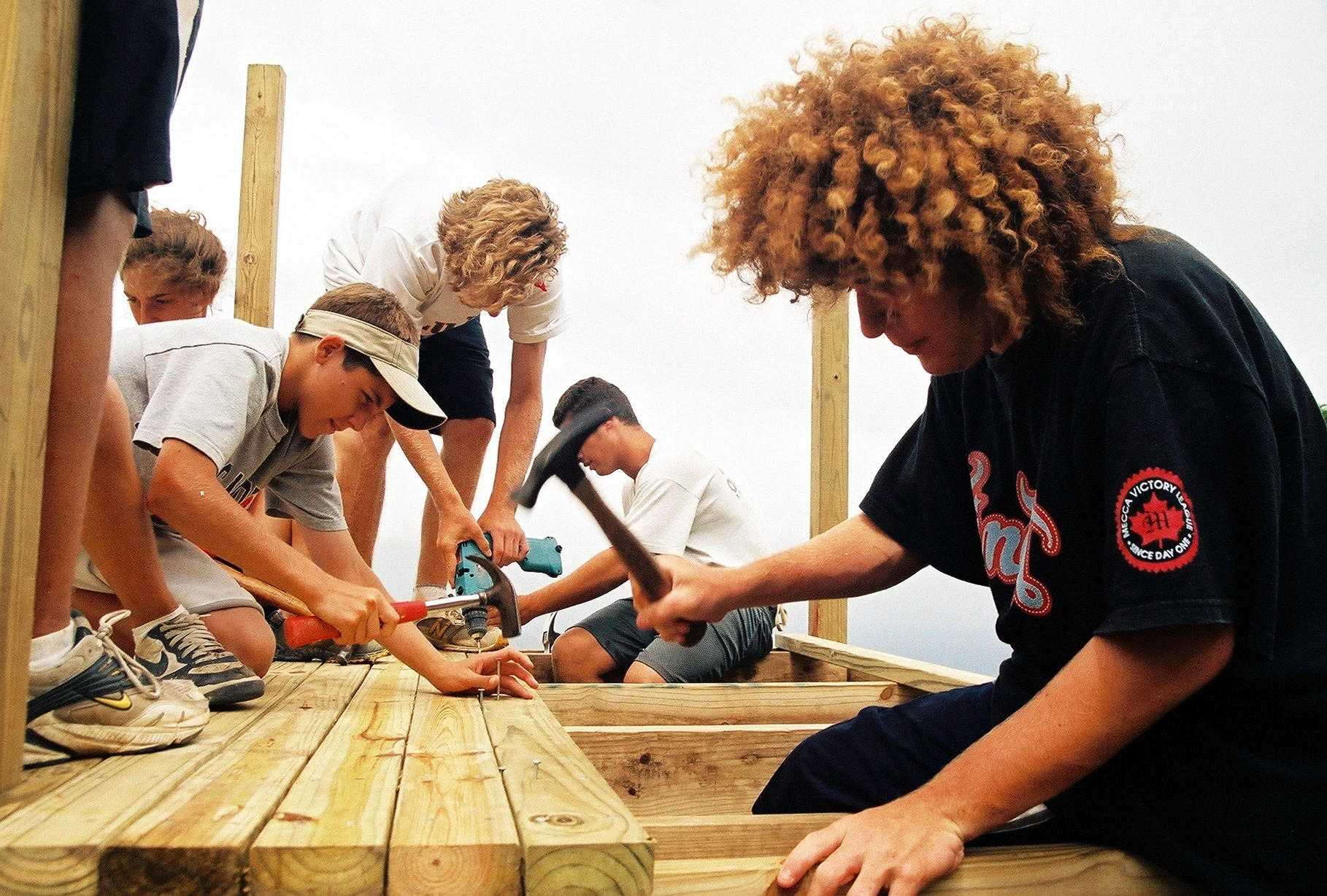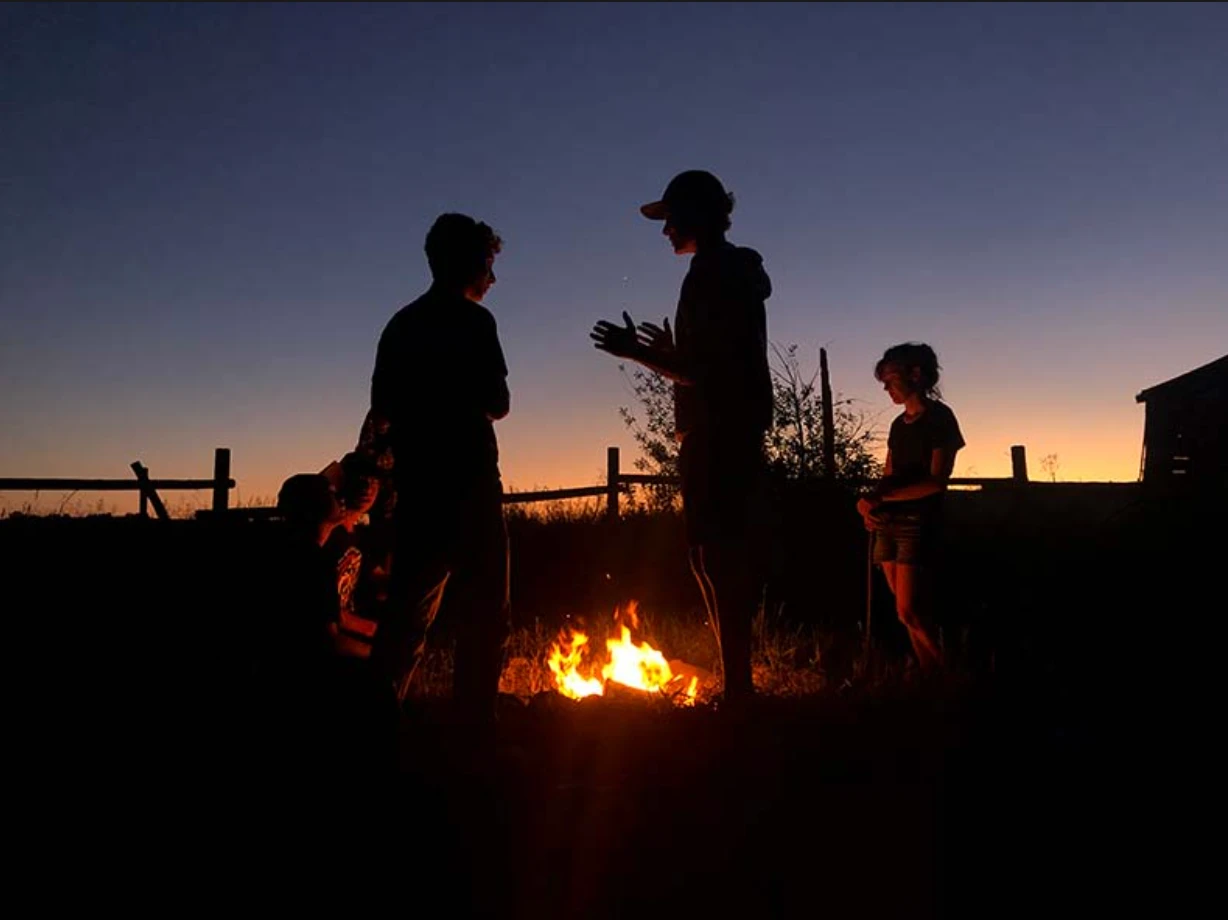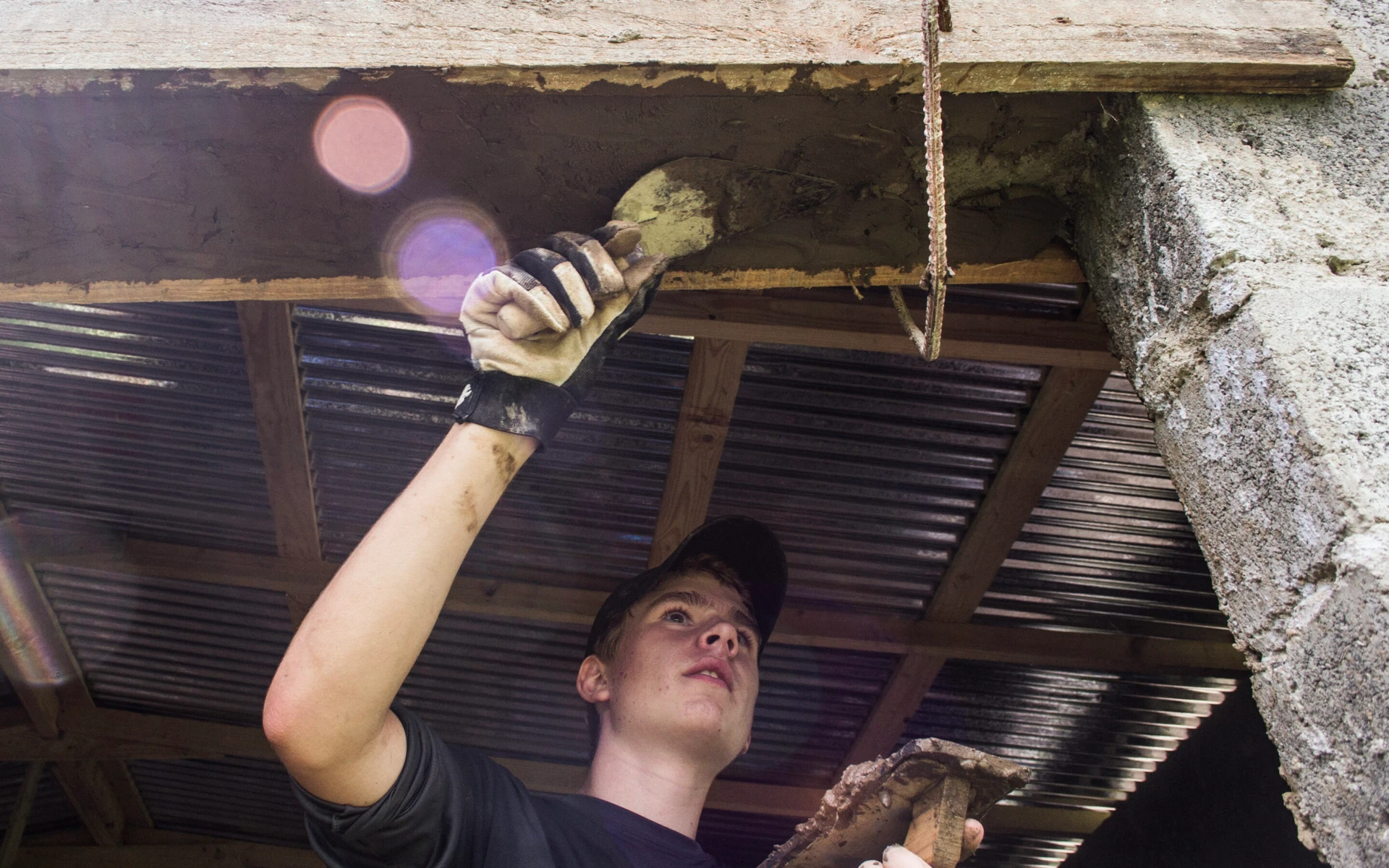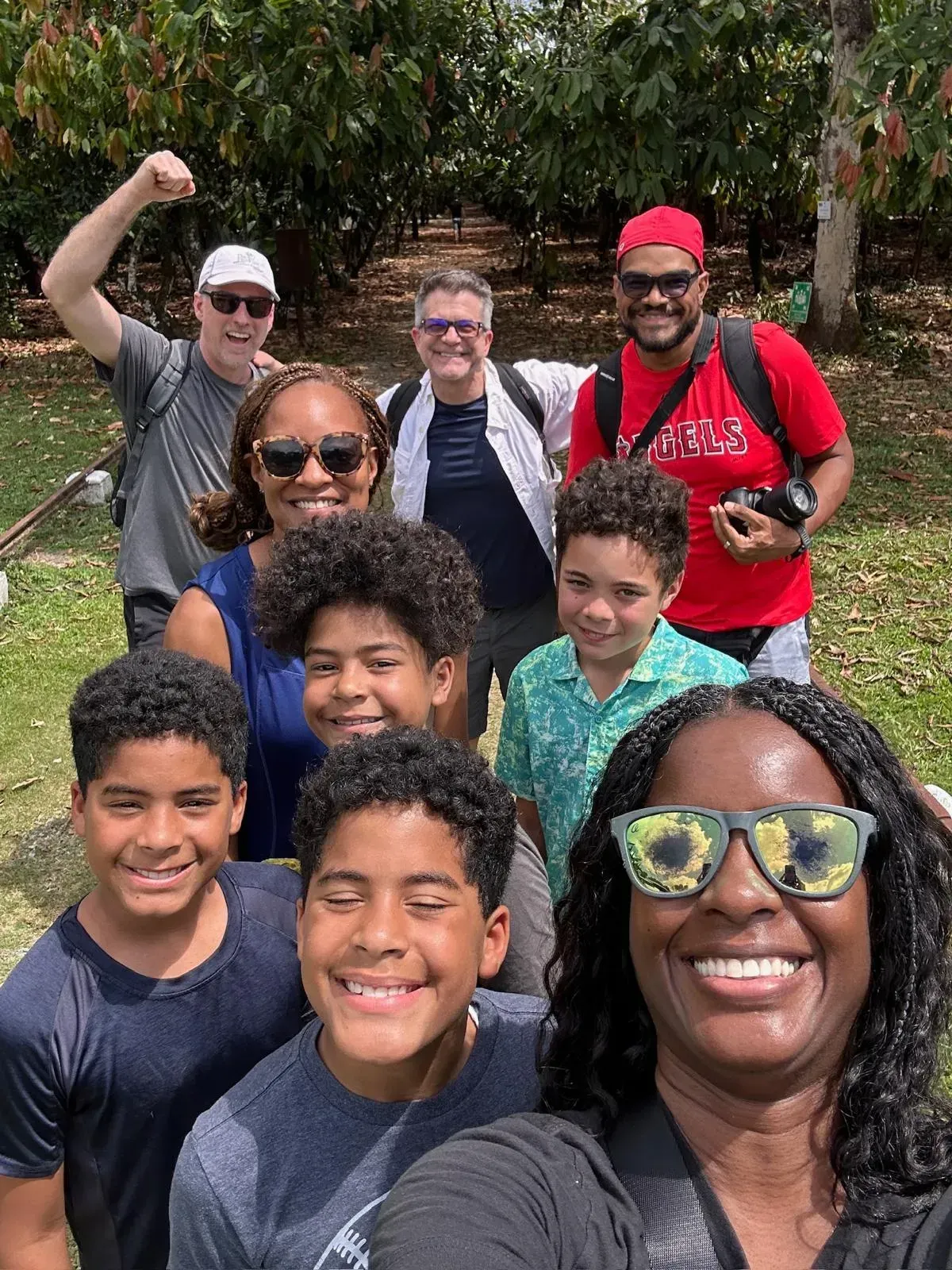By Owen Clarke
What questions should you ask a service learning organization? We get it. It’s tricky! Online searches make the options limitless and it can be challenging to make an educated decision when searching for summer activities for your teen. There are sleepaway camps, teen tours, sports camps, international programs, service learning adventures and more.
It can be tough to wade through everything, and embarking on a service learning program shouldn’t be taken too lightly. Teenagers’ schedules are more jam-packed than they used to be, and despite all of the information and experiences that so many kids have access to, something is still missing for many of them. Whether it’s due to being inundated with copious screen time, the anxieties of resume building, or other social pressures, being a teen these days is not always easy, making it even more important to select summer programs carefully, so that they can be fulfilling—even life-changing—experiences.
It’s important to ask the right questions when assessing the best fit for a high school student’s experiential opportunities. Let’s cover the top 10 questions you should consider asking a service learning organization before you choose them. Along the way, we’ll give some concrete examples of how and why these questions matter. Let’s dive in!

1. What is your program’s core focus?
The first question you should ask is whether this service learning organization has a core focus. Then ask yourself if this focus is in line with your teen’s goals. For example, some programs may perform service projects, but the projects are peripheral to another core program focus, such as outdoor adventure. This won’t be as rewarding for the kids who really want to be involved in meaningful community service work. Read more about how VISIONS alums Lydia & Lauren found just the right focus for them.
2. How is your leadership trained and structured?
Leadership is everything. How are program leaders chosen? What are the systems for checks and balances in the field? How are they trained? What’s the minimum leader age? Program leaders are the heart and soul of a service learning program for teens, and a good or bad program leader will make or break a successful teen summer program. Learn more about our standout leaders.
Finally, what’s the leader ratio? Risk management, security and supervision directly correspond to the number and quality of leaders. For travel programs, leaders should generally be 21 and over, and a 1:6 leader-to-student ratio should be the minimum. Classroom-based programs may have fewer leaders per participant, which is acceptable because kids tend to stay on campuses and the days are classroom-based. Outdoor programs working with at-risk youth often have the best leader ratios, due to the intense emotional work and remote settings. Ratios of 1:3 or 1:4 are standard.
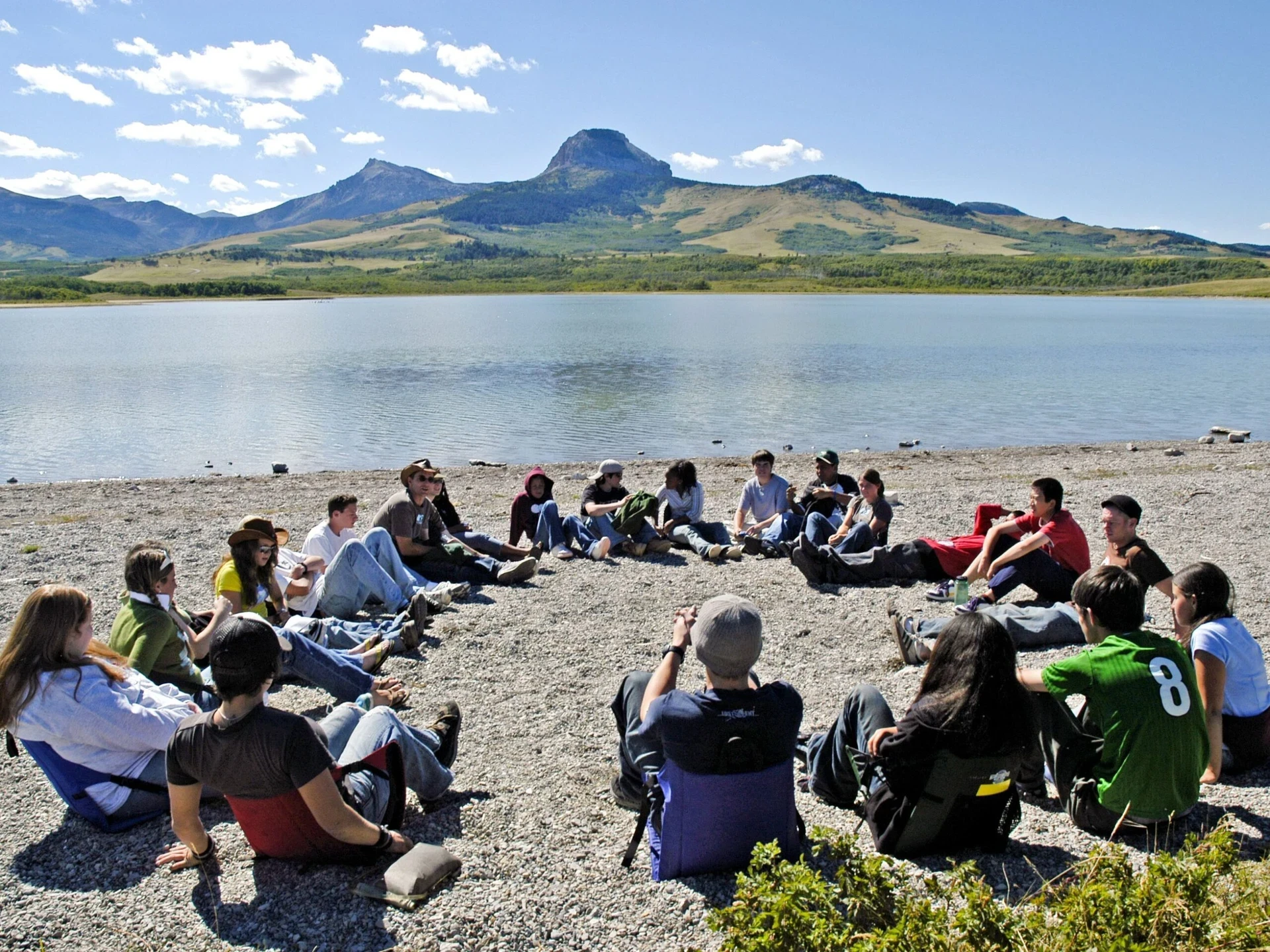
3. How many years has your program operated?
Sure, there are good programs out there that are brand new—even VISIONS had a first year (although it was well over three decades ago).
But if a program has been running for 10 years or more, it’s a good indicator they know what they’re doing. Youth summer programs are complex, and a proven work history signifies this organization has the experience under their belt to perform accordingly. Read more about our History of Collaboration in Peru, the benefits of a Multigenerational Community, and how we celebrated our 30-Year Reunion.
4. What’s your technology policy?
Academic programs may allow technology in an appropriate fashion, but for cultural immersion or experiential programs, it’s important to ask why an organization would allow technology if the goal is for kids to be awakened to their surroundings. Is there enough structured programming? If immersion in cultures or wilderness is important, we highly recommend finding a program where technology is stripped out. Check out “No Phones, No Problem” to read more about VISIONS philosophies on this topic.
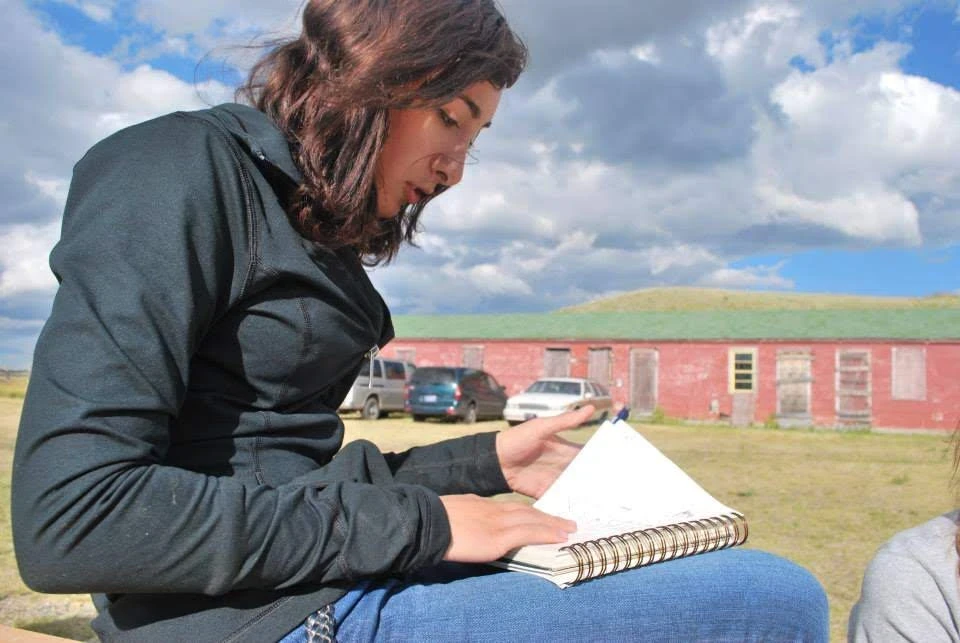
5. What are your risk-management protocols?
Of course safety is paramount when your child participates in a service learning trip. Don’t be afraid to ask questions about a program’s risk management and emergency protocols. How are medical emergencies handled from beginning to end? What measures are in place to prevent accidents and mitigate effects if/when they occur?
Sure, this is something you hope is never needed, but if it is, it can be critical. You want to make sure the organization has thought through each and every potential health and safety concern.
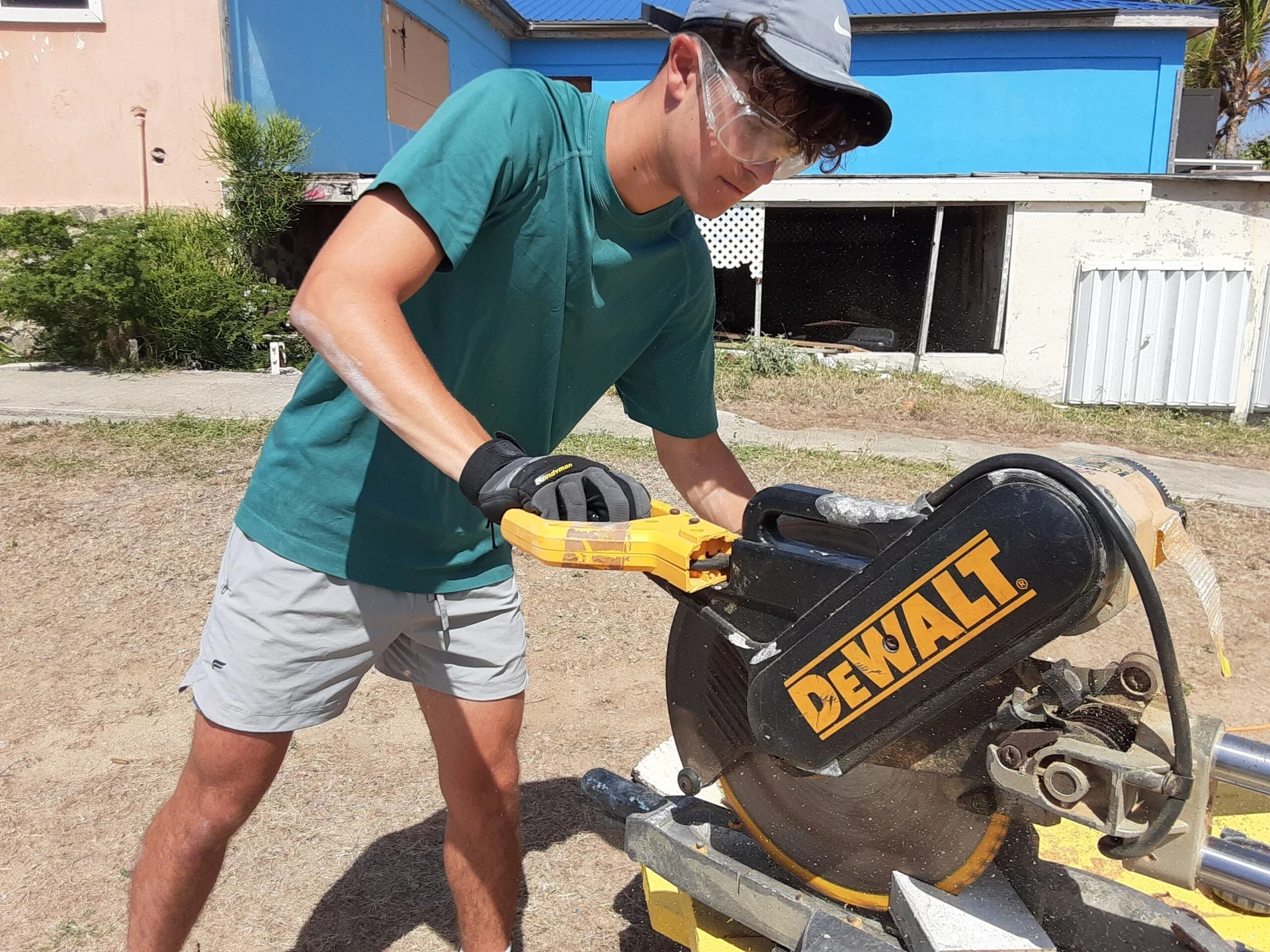
6. What about liability insurance?
Does the prospective organization have liability insurance at a reasonable level relative to the number of participants? This is more important than you may realize because there is no governing body that sets regulations for organizations taking young people overseas. In lieu of that, one way to assess whether an organization is grounded and running professionally is to ask whether they carry liability insurance.
Coverage in the $1 million-plus range is standard for most established organizations. Admittedly, liability insurance doesn’t directly relate to the quality of a program, but it can be an indicator of how established and far along an organization is in implementing proper systems and procedures. Well-established programs will almost always have good liability coverage.
7. How much does your program cost?
This one is fairly simple, but you want to ask it upfront and get a clear answer. Cost matters. Service learning programs aren’t all created equal and prices can be an indicator of quality. Compare costs between programs to find an ideal fit for your budget and goals, and ask for a cost breakdown, as well, so you can understand what you’re paying for and why.
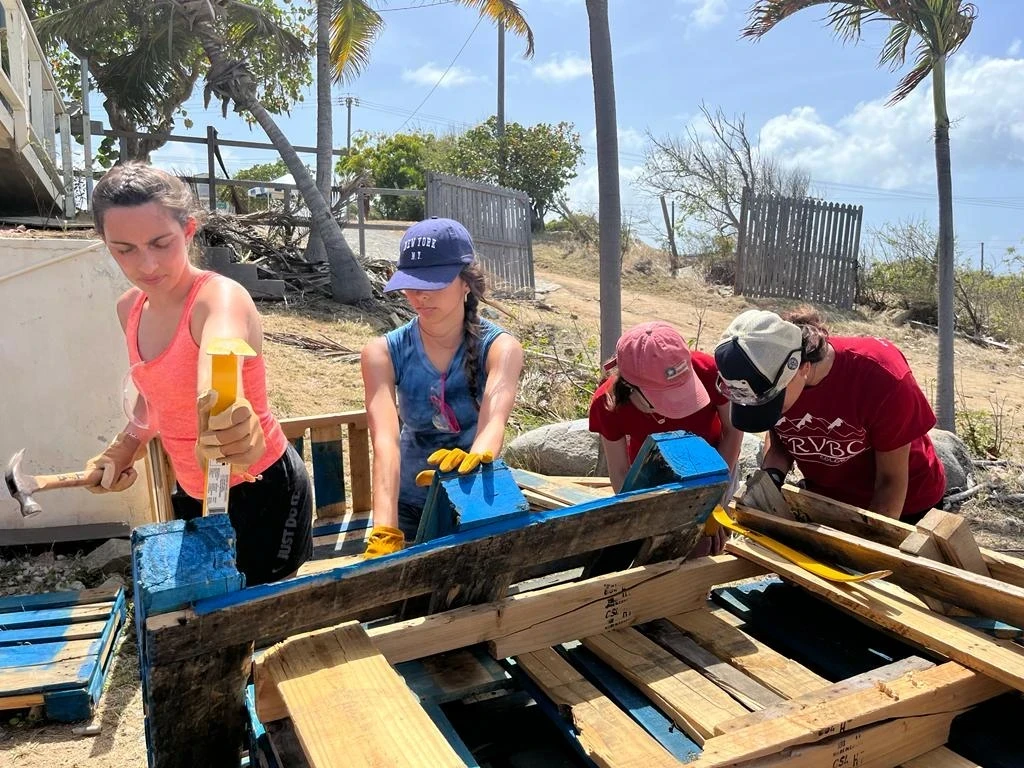
8. Is financial aid offered?
In addition to making sure the program fits with your budget, it’s perfectly fair to inquire about financial aid. Financial aid isn’t just helpful in the sense that it could save you money. It’s indicative of quality, too. Organizations that provide financial aid are demonstrating belief in and passion for their work, by offering the experience to kids without fiscal compensation. These are organizations you can proudly support.
9. Can I check your references and reviews?
It’s time to do some sleuthing! Ask the organization for references of alumni participants and parents, and give these references a call or send them an email asking about their experiences. Yes, you could just perform online searches for reviews of the program on your own. But if a company doesn’t have a reference list to provide or is leery when you inquire about reviews, it’s a red flag. So even if you find reviews on your own, it’s worth asking the service learning program about references and reviews directly, to see how they respond.
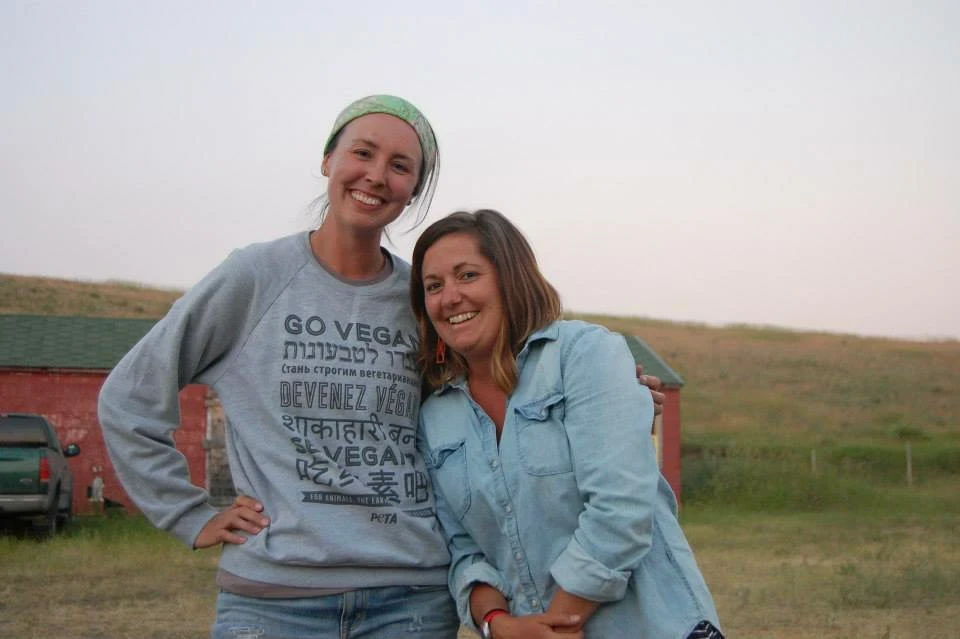
10. What’s the straight answer?
Regardless of the question you’re asking, make sure you’re getting a clear answer, instead of a flashy, glossed-over response. For instance, some organizations may describe a leader ratio as “one-to-six, company-wide.” This means that office personnel are included in the ratio when referring to the supervision of kids in the field! This is an example of an answer that’s not straightforward, and it’s a red flag. If the organization isn’t being upfront about this basic safety precaution, how can you know what you’re in store for?
So, watch out for flashy marketing-style language like this. Be upfront about the information you’re looking for, and if the service learning company doesn’t respond in like fashion—open, clear and direct—then look elsewhere to find a service learning program for your teen.



